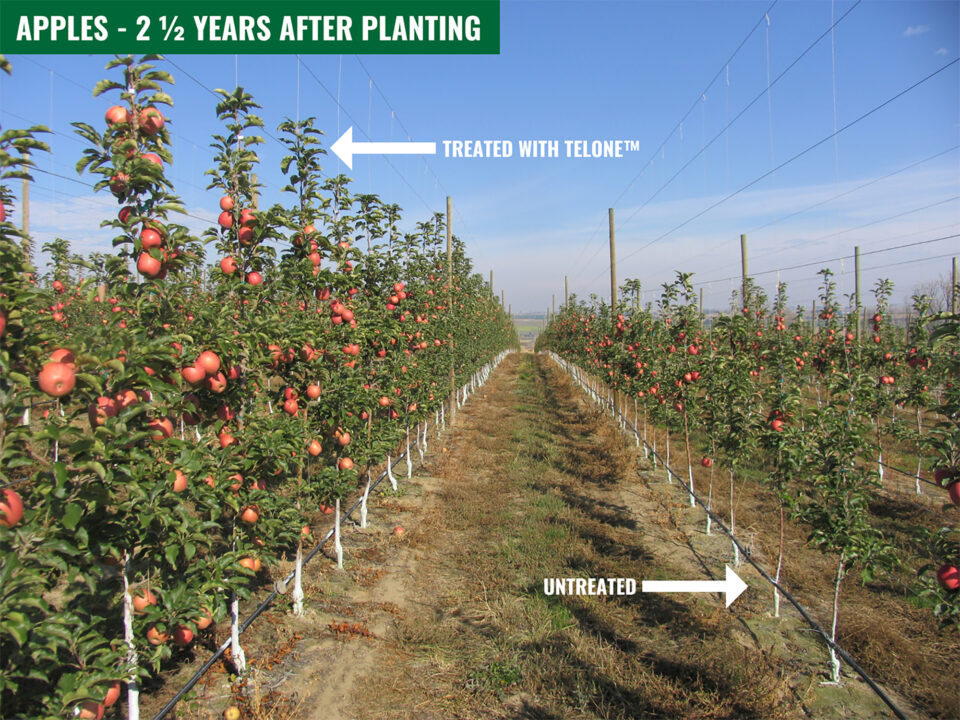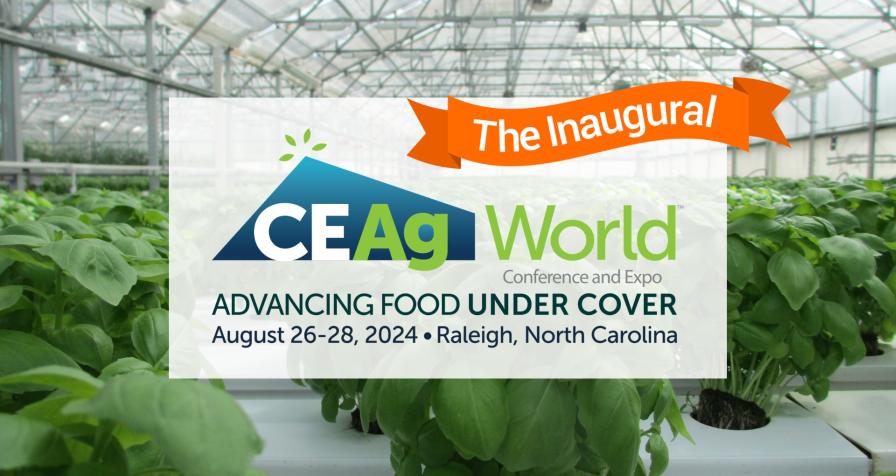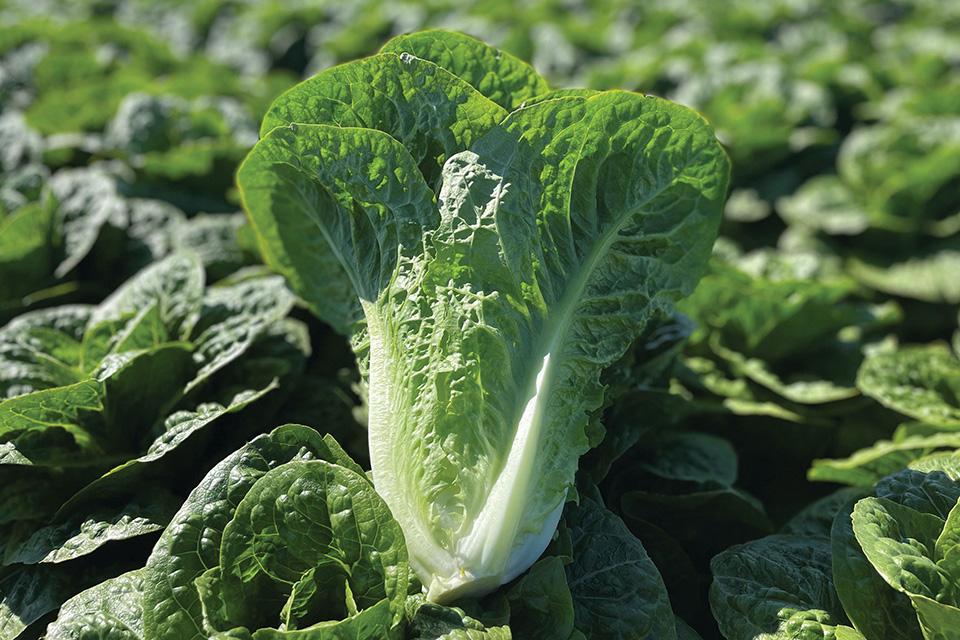Growers Helping Vets
Longtime vegetable grower Michael O’Gorman was talking with some fellow growers last year about how they might be able to assist veterans returning home from the war by helping them get into farming. It would be a win-win, they figured, because not only could they help the veterans lead productive lives, but they’d also be doing something for the future of agriculture.
“There are really high rates of unemployment among these young people, even before the recession,” says O’Gorman, who’s the production manager of Jacobs Farm/Del Cabo, supervising 1,600 acres of organic vegetables in north Baja, Mexico. “Also, not a lot of young people are going into agriculture. We look at them (veterans) as future farmers.”
And so in May 2007 the Farmer-Veteran Coalition was formed, with O’Gorman serving as project director. O’Gorman emphasizes that the group has no political agenda, and takes no stance on the war one way or the other. In addition, he says it is not about giving hand-outs. “We don’t have anything to hand out,” he says. “It’s more about mentoring.”
Place For Healing
At their first meetings, they attracted not only interested growers, but three women who had lost sons in Iraq or Afghanistan. One of the women was Mary Tillman, the mother of Pat Tillman, who left a lucrative career as an NFL player to join the Army after 9/11. The women thought the Farmer-Veteran Coalition might help veterans who faced combat deal with their experiences, says O’Gorman, providing a place for healing.
“A lot of guys who’ve been in war talk about the psychological aspects of farming, about working with something that’s alive and positive,” he says. “A lot of people find that after the war experience there is something therapeutic in farming.”
But make no mistake, while the coalition does work with veterans’ groups and direct vets there for counseling, it’s all about getting energetic young people into agriculture. “We’re finding people who want a challenge, and farming is a natural fit because it requires a certain level of commitment — as we all know, farming is not an easy way to make a living,” he says. “But we’re letting them know that there’s a future in our industry, because no matter what happens, people are going to keep eating.”
Seed Planted In Iraq
O’Gorman says they’ve recently started hearing from active duty troops who’ve read about the coalition in publications such as Army Times, and want to know how they can get started in agriculture. One veteran, Matthew McCue, says he got the idea to get into farming while serving as an Infantry Team Leader in Iraq a few years ago. “I saw a lot of real interesting agriculture — people who would drive by checkpoints with truckloads of pomegranates,” he says. “I made my way through a lot of chicken coops looking for weapons and so forth.”
McCue, who grew up in the suburbs of Albuquerque, NM, and previously hadn’t given agriculture a second thought, realizes it might seem odd that his experience in Iraq would interest him in farming. But he says he now needs a profession that’s demanding. And with the heavy equipment training he received in the Army, he understands tractors. “Also, I’m organized, committed, and dedicated, skills that transfer from the military.”
After getting in touch with O’Gor-man, who served as his mentor, McCue managed a farm that provided vegetables for a restaurant, the French Garden in Sebastopol, CA, as well as farmers markets. Now that he has some experience under his belt, he plans to strike out on his own. McCue is looking for land to lease in northern California, where he plans to grow vegetables for a Community Supported Agriculture (CSA) business, delivering vegetables directly to consumers. “The demand is just wide open for CSA boxes because people want better quality and to try new things,” he says. “Also, with the economic turmoil, people are more likely to eat in.”
McCue started thinking about such a direct relationship between the consumer and the grower in Iraq. Even in dangerous war-torn areas, farmers markets would open at sunrise each morning. “Agriculture is historically the most stable part of their economy, but farming’s at the heart of this country too,” he says. “A successful society is one that takes care of its farmers.” And, some might add, its veterans.








